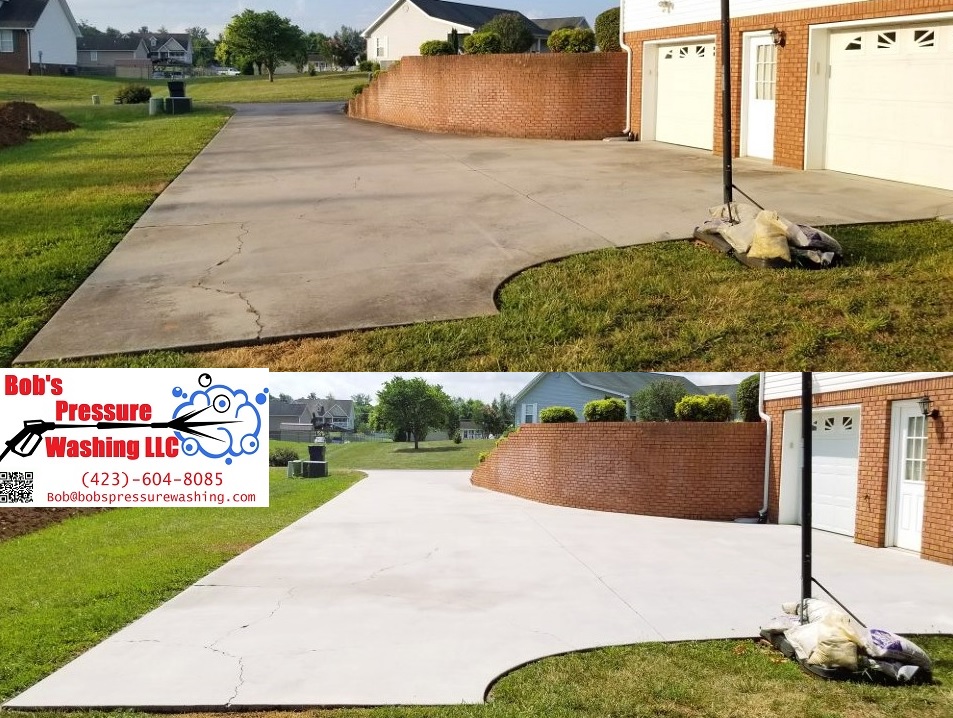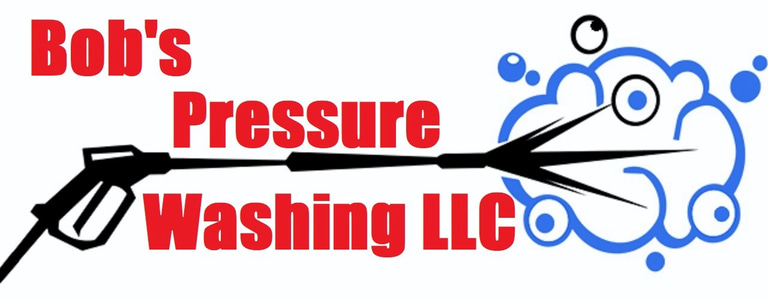Pressure Washing for Brick and Stone: Creating a Timeless Look
Transform the exterior of your home with our professional pressure washing services for brick and stone surfaces. Over time, dirt, grime, and weathering can take a toll on these materials, dulling their natural beauty. Our expert team uses the latest pressure washing techniques to safely and effectively restore your brick and stone to their original glory, giving your home a fresh, timeless appearance. Whether it’s for your patio, driveway, or home’s facade, we ensure a deep clean that enhances the texture and color, adding lasting curb appeal. Make your outdoor space shine with our reliable pressure washing service today!
EXTERIOR CLEANING SERVICE PROCESSESBASIC HOME MAINTENANCECURB APPEALPRESSURE WASHING SERVICES


Understanding the Effects of Accumulated Residue
The surfaces of brick and stone structures are often subjected to the accumulation of various types of residue over time. This buildup can primarily consist of dirt, organic matter, and environmental pollutants. Common pollutants such as automotive exhaust, industrial emissions, and even pollen can significantly contribute to the dull appearance of these materials. Homeowners frequently misinterpret this discoloration as a natural aging process, overlooking the fact that these residues can be effectively removed through regular pressure washing.
Pavements, walls, and facades made from brick and stone can gather an average of 25-30 grams of particulate matter per square meter each year. This astonishing figure highlights how quickly these surfaces can lose their luster and appeal, drastically altering the aesthetic charm of a property. Organic matter such as mold, mildew, and algae can thrive in these accumulations, which not only diminishes the appearance but can also lead to structural damage if left unchecked. The moist environment created by these residues is a conducive breeding ground for biological growth.
Moreover, pollutants emanating from urban environments can attach to masonry surfaces and oxidize, leading to further discoloration. For instance, iron from nearby structures may contribute to rust stains, while soot can settle on surfaces, creating dark patches that detract from the original color. As a result, routine maintenance, including pressure washing, becomes essential for homeowners wishing to maintain the integrity and aesthetic of their brick or stone structures. Without such preventative measures, the gradual buildup of these materials can lead to the premature aging of otherwise durable surfaces.
Benefits of Pressure Washing for Masonry
Pressure washing serves as an efficient and effective method for maintaining the integrity and appearance of masonry surfaces, particularly for brick and stone exteriors. One of the primary benefits of this cleaning technique is its capability to thoroughly remove dirt, grime, and environmental pollutants that accumulate over time. These substances can not only influence the aesthetic appeal of brick and stone but can also, in some instances, penetrate the surfaces, posing a risk to their structural integrity.
By utilizing high-pressure water jets, pressure washing revitalizes masonry, restoring its original color and texture. This process effectively eliminates stains, mildew, and moss that can detract from the visual impact of a property. In many cases, the results of a pressure washing session can be dramatic, showcasing the natural beauty of the materials and significantly enhancing curb appeal. For homeowners and property managers alike, this revitalization translates into a more inviting and aesthetically pleasing environment.
Moreover, regular pressure washing can safeguard against further degradation of masonry surfaces. By keeping bricks and stones clean, property owners can prevent the onset of mold and mildew that thrive in filthy environments. This is particularly important in climates with high humidity where such growth can lead to more serious issues, including structural damage and deterioration. By investing in routine pressure washing, property owners not only enhance the immediate appearance of masonry but also prolong its lifespan.
Another notable advantage is the potential increase in property value that can result from maintaining clean and well-preserved masonry. Buyers are often drawn to properties with visually appealing exteriors, and a thorough pressure washing service can yield significant returns on investment by making property more marketable. This underscores the importance of considering regular pressure washing as part of a comprehensive maintenance strategy for brick and stone surfaces.
Choosing the Right Pressure Washing Method
Pressure washing is an effective way to maintain the aesthetics and integrity of brick and stone surfaces. However, selecting the appropriate method is crucial to prevent any damage to these materials. One essential consideration is the pressure setting. Low-pressure washing is the most recommended technique for brick and stone, as higher pressure may dislodge mortar and cause long-term structural issues. A pressure range of 1200 to 1500 psi is typically adequate for cleaning without compromising the integrity of the masonry.
In addition to the pressure setting, the type of cleaning solution used can greatly impact the results. Eco-friendly detergents are advisable as they are safe for both the environment and the surfaces being cleaned. These detergents can effectively remove dirt, mildew, and stains without risking the structural integrity of the brick or stone. When selecting a detergent, ensure that it is specifically designed for masonry to enhance the cleaning process while being gentle on the materials.
Frequency of cleaning is another vital factor to consider. For brick and stone surfaces, a thorough pressure wash is generally recommended at least once a year, especially in regions with high moisture or pollution. However, certain environmental conditions, such as proximity to vegetation or near coastal areas, may necessitate more frequent cleanings due to moss, algae, and salt accumulation. Understanding the specific type of stone or brick can guide this decision; for instance, soft stone may require more delicate handling compared to harder varieties.
In conclusion, choosing the right pressure washing method involves a careful evaluation of the pressure settings, type of cleaning solution, and the specific environmental factors affecting the surfaces. By taking these elements into consideration, homeowners can successfully maintain the timeless appeal of their brick and stone structures while ensuring their longevity.
DIY vs. Professional Pressure Washing Services
When deciding between undertaking pressure washing as a DIY project or hiring professional services, homeowners must evaluate various factors, including cost, skill level, and potential risks. Both options offer their pros and cons, making it essential for individuals to consider their situation carefully.
One of the most significant advantages of a DIY approach is cost savings. Renting or purchasing a pressure washer can be less expensive than hiring professionals, especially for smaller projects. Homeowners also have the freedom to work on their schedule without being bound by service availability. However, it is crucial to acknowledge that DIY pressure washing requires a certain level of skill and understanding of the equipment. Improper technique can not only lead to suboptimal results but can also cause damage to the surfaces being cleaned, particularly when dealing with delicate materials such as brick and stone.
On the other hand, professional pressure washing services come with a higher price tag but offer numerous benefits. Professionals possess the necessary experience and training to handle various surfaces effectively, ensuring optimal results without risking damage. They also have access to high-grade equipment and cleaning solutions that may not be available to the average homeowner. This can result in a deeper clean and longer-lasting results, particularly for large areas or heavily soiled surfaces.
Moreover, safety must be considered when evaluating the DIY option. Pressure washers operate at high PSI, and without proper training, individuals may put themselves at risk for injury or accidents. Professionals come equipped with safety gear and protocols that minimize these risks. Ultimately, the choice between DIY and hiring a professional service rests on factors such as the size of the area to be cleaned, individual comfort level with using equipment, and the importance of achieving a flawless outcome.
